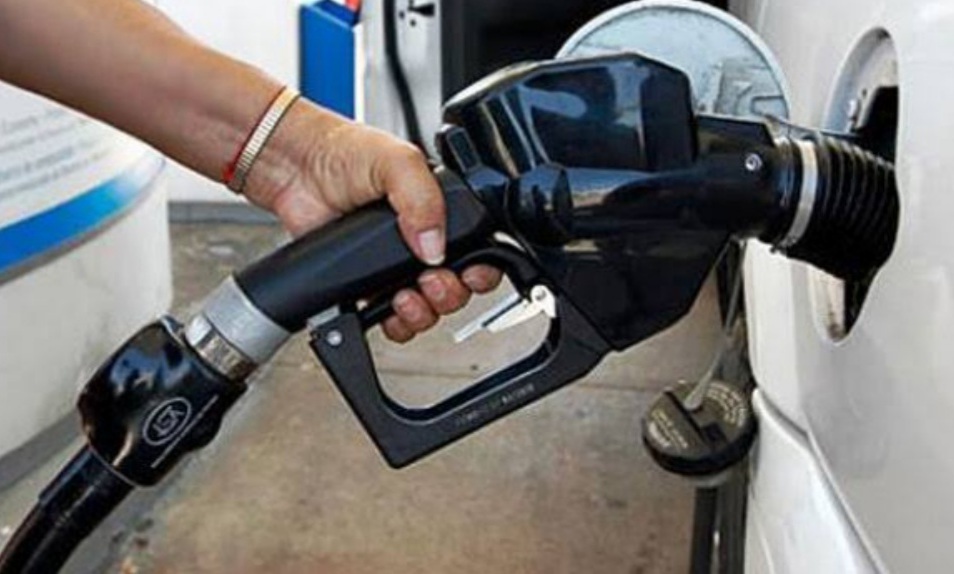The subsidy is an effort by the government to provide financial support while attempting to lower the burden or cost of particular products.
Direct and indirect subsidies are two different forms of subsidies. Direct subsidies are given to a specific group, person, or industry.
On the other hand, indirect subsidies cover things like price reductions for necessities that the government can fund. Indirect subsidies result in the purchase of subsidized goods at below-market prices. The government fixes the price of fuel below the “international” rate in this instance and covers the difference. In plainer language, if the cost of a bag of rice should be N50,000 after taking into account all production The government then decides that the cost is too high and sets a sale price of N40,000 for each bag of rice, paying the rice merchants the additional 10,000 naira as a subsidy. The subsidized amount is N10,000.
When the government pays a portion of a cost that should have been borne by consumers, it is said to be providing a subsidy. The claim is made that Nigerians pay less for fuel than what is considered to be the norm internationally.
In contrast, the removal of fuel subsidies merely means that the government will no longer foot the bill for the discrepancy between the price at the pump and the actual cost of importing petroleum. Technically, it refers to the complete deregulatory of the downstream industry in order to facilitate a thriving investment market.
For instance, if subsidies are eliminated, the price of fuel in the nation will likewise be determined by factors in the global market. For instance, in 2020, the Nigerian government announced that it had cut the price of gasoline at the pump from N145 to N125. The reduction was contingent on a decline in prices on the global market, and in the event that subsidies were removed, a decline in the price of crude oil globally should result in a decline in the price locally, while an increase in the price will also have an impact.
Additionally, because fuel is an essential commodity, the removal of subsidies is anticipated to increase private competitiveness on the market, while government intervention in market regulation may still occur ‘when’ necessary.
Stakeholders, including trade unions and civil society organizations, have questioned the sums spent on fuel subsidies.
The Observatory of Economic Complexity estimates that Nigeria imports $10 billion worth of refined petroleum, increasing Nigeria’s need for subsidies. According to estimates from March 2021, the nation paid N102.4 billion in fuel subsidies each month. When the NNPC GMD, Mele Kyari, was cited as saying that the government was subsidizing petroleum by N92/liter in June 2021, the amount rose to N150 billion. Since the amount that will be spent on subsidy is heavily reliant on what the price of petroleum in the international market in the period in question, the amount of subsidy has fluctuated due to changing market circumstances at the international market.
What are the effects of eliminating fuel subsidies in Nigeria?
With the removal of fuel subsidies comes an indiscriminate and exponential surge in fuel pump prices along with increases in the cost of food, rent and transport, and so on.
What advantages come with the removal of fuel subsidies? The government can refocus its spending on industries that are more productive by eliminating subsidies. Subsidies that were previously funded can now be used to build infrastructure, improve healthcare, fund education, and invest in other vital sectors that can promote long-term economic growth.



